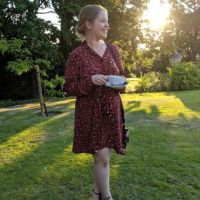Embracing the Power of Not Knowing: A Path Through Uncertainty
I believe that in a world that glorifies knowledge and certainty, embracing the power of not knowing everything may seem counterintuitive. However, there is a profound wisdom in accepting our limitations, whatever they may be and embracing the uncertainty that comes with it. This journey of acknowledging our lack of omniscience opens up avenues for personal and collective growth, which can aid in fostering resilience, adaptability, and a deeper understanding of ourselves, this human experience and this beautiful world we live in.
As humans we do have a hard time accepting the idea of leaving our future up to, well, whatever it is you believe it’s up to – call it God, call it the divine nature of all things, the flow, the universe… whatever it is, we struggle to relinquish this notion that the future is not really down to us to decide how it unfolds. There are certain things of course that we have a say in, such as the actions we take today, and our REactions, will inevitably have a say on which direction our lives go in tomorrow, but what happens tomorrow, let’s try not to be under the illusion that we have any control over what will happen for us as each day unfolds. There is a great book by Eckhart Tolle called “The Power of Now”. It’s known by many and loved by most and for good reason, he’s an absolute legend! His words are powerful, his delivery often hilarious, and there are so many of his talks on YouTube that you can watch for free. This is just one of the many profound sentences I could quote of his:
“Accept – then act. Whatever the present moment contains, accept it as if you had chosen it. Always work with it, not against it. Make it your friend and ally, not your enemy. This will miraculously transform your whole life”. Acceptance is key here, and a big part of what we will talk about in this article. So let’s dive deep into the unknown together now, and see where we end up.
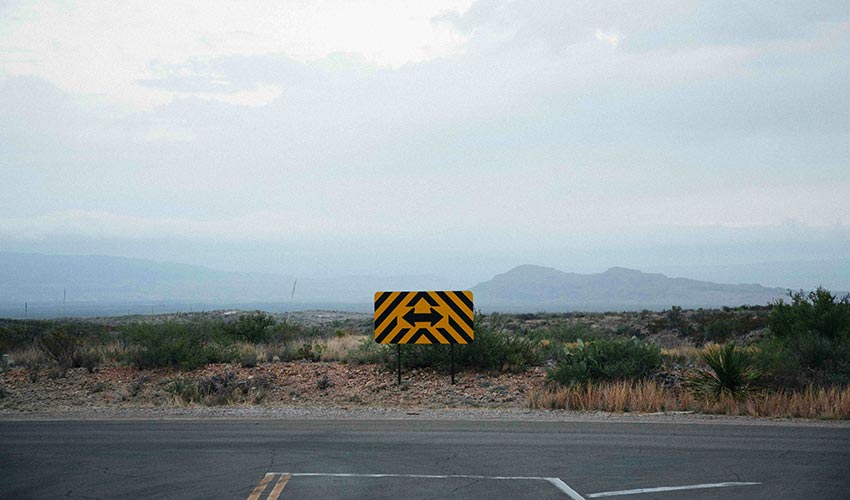
The Limitations of Certainty
The pursuit of knowledge is a noble endeavour, but it's essential to recognise that certainty is elusive. The vastness of the universe, the complexity of human nature, and the unpredictability of life's twists and turns make it impossible for any one person to possess absolute knowledge. Attempting to grasp everything can lead to stress, anxiety, and a sense of inadequacy. I have been bouncing around on that roller-coaster for a lot longer than I care to admit. I have definitely had to ask myself, what is this incessant desire to acquire knowledge, and this hunger to answer all of life’s questions? There is a rabbit hole we could explore there in and of itself. We could make the point that what the mind requires answers to is based on our past trauma therefore what we seek is to satiate that hunger, to cover that wound so to speak. However I am learning (sometimes slowly) that it’s ok to leave the mind confused sometimes and to NOT have the answers to every question that comes up. It’s actually ok to be UNcertain. So let’s think of some things that we can do:
Embrace Uncertainty:
Instead of viewing uncertainty as a source of discomfort, we can choose to embrace it as a catalyst for growth. Accepting that not knowing everything is a fundamental part of the human experience allows us to approach life with an open mind and a willingness to learn. It creates space for curiosity, humility, and the recognition that there is always more to discover.
Cultivate a Growth Mindset:
Embracing the power of not knowing fosters a growth mindset—an attitude that sees challenges as opportunities for learning and development. When we accept our limitations (and our limitations are so individual and so vast, such as anxious at times of change, a tendency for impatience, a discomfort around strangers etc, and even not great at painting or writing or getting your message across politely, whatever it is) we become more resilient in the face of setbacks and failures. Rather than viewing mistakes as a reflection of our inadequacy, we see them as stepping stones on the path to progress. We’re all on a path to progress.
Adaptability in a Changing World:
The world is in a constant state of flux, with new information and developments emerging daily. Embracing uncertainty enables us to adapt to these changes more effectively. By acknowledging that our current understanding may be incomplete or outdated, we become more open to alternative perspectives and innovative solutions.
Enhance Interpersonal Relationships:
The power of not knowing extends beyond personal growth; it also plays a crucial role in our relationships. Recognising that we don't have all the answers allows us to approach others with empathy and understanding. It encourages open communication and collaboration, creating a supportive environment for shared learning and mutual growth. So just be yourself, and share our humanness and see where that can take you.
Cultivate Mindfulness & Presence:
Sometimes it feels like our world often values multitasking and constant productivity, so embracing the power of not knowing prompts us to be more mindful and present. Instead of anxiously seeking answers to every question, we can savour the richness of each moment, appreciating the beauty of the unknown and the potential it holds.
In the paradox of not knowing everything lies a profound source of strength and wisdom. As we embrace the uncertainties of life, we unlock the doors to continuous learning, personal resilience, and collaborative growth. Let us celebrate the power of not knowing, for in doing so, we pave the way for a more evolved, adaptable, and compassionate world.
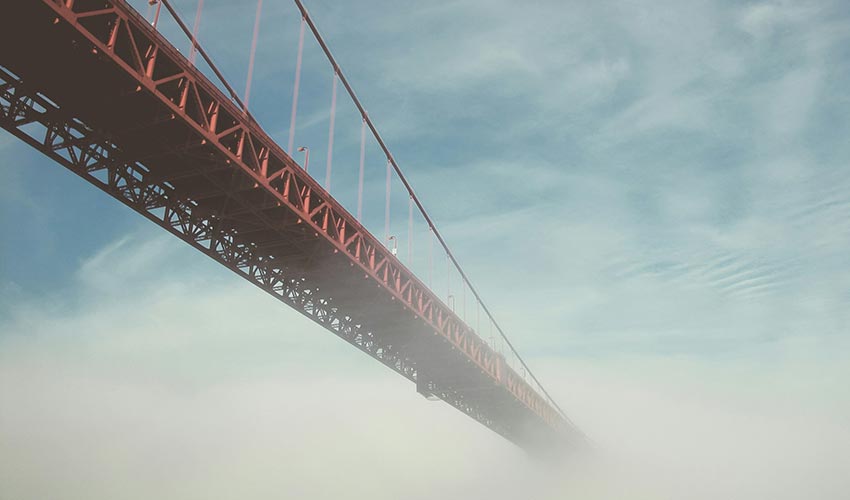
The Power of Not Knowing
There is freedom in admitting that you don’t know something, as that allows for a new learning experience to emerge. Peter Crone tells a story of a break-up he experienced and the wounds it revealed from the barrage of thoughts and questions in his mind that then followed that event. He says he remembers literally shouting at himself one evening, “SHUT UP” whilst these thoughts plagued him, then something occurred to him; he got the answer to all of his questions about his future – “I don’t know”. He thought, I don’t need to know because the future itself IS uncertainty. He finishes by saying “my mind became completely still because there was nothing else to figure out. I felt such peace in that trust”. There is wisdom in not knowing, and it is a wise person who can say, "I don't know." For no one knows everything. There are many types of wisdom, from intellectual to emotional to physical intelligence. Yet, even deemed experts in their fields do not know all there is to know about mathematics, yoga, literature, psychology, or art. It is a true master who professes ignorance, for only an empty vessel can be filled.
There are many things in life that we don't know, and there are many things we may have no interest in finding out. There is freedom in saying “I don’t know.” When we admit that we don't know something, we can then open ourselves up to the opportunity to learn, if we want to. And there is power in that. We can’t possibly know everything. And when we think we do, we limit ourselves from growing and learning more than what we already do know. A person who can admit to not knowing tends to be more intellectually and emotionally confident than someone who pretends to know everything. They also tend to be more comfortable with who they are and don’t feel the need to bluff or cover up any perceived ignorance. People can actually end up appearing more foolish when they act as if they know something that they don't, and I have definitely been there.
We would be wise to respect people who freely admit when they don't know something. They are being honest, with us and with themselves. And we, too, should feel no shame in saying, "I don't know." In doing so, we open ourselves up to the unknown. We can then discover what lies beyond our current levels of understanding. It is the wise person in life that answers questions with a question and inspires the pursuit of internal answers with a funny face, a shrug, and a comical, "I don't know."
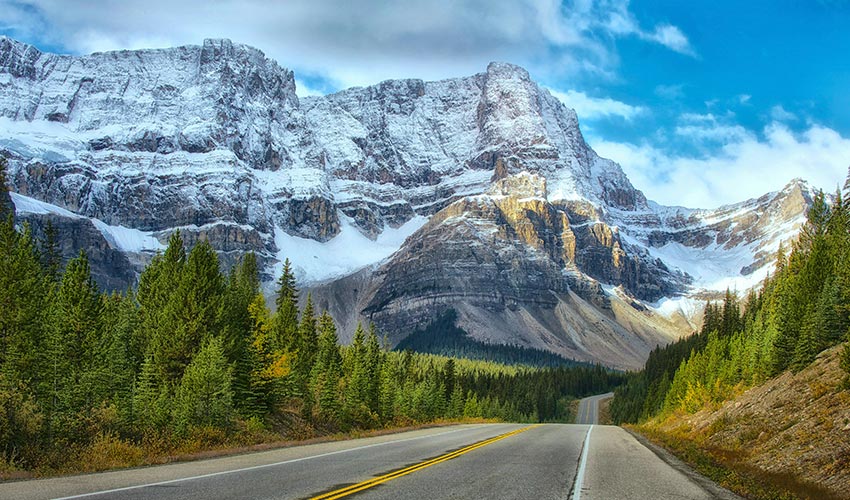
Thriving Through Uncertainty
If I could start my sentences with “I read this book”, then I think most of my sentences would probably be written this way. I take a lot of wisdom from books, they are my love language. They are beautifully accessible to any and all. Such a vast world of knowledge at our fingertips. So, saying all that, there’s a book I’ve been reading, slowly, and contemplating a lot recently. It’s called, ‘Thriving Through Uncertainty’ by Tama Kieves – Let’s begin here with one of many incredible snippets from this book:
“When uncertainty feels like a monolith of pain, here’s what thriving looks like: breathe deeper. Be kind to yourself. Put one foot in front of the other. Keep going. Resist devastating conclusions. Fight defeatism; don’t fight yourself. And make this vow: I will not be taken down”.
I love how simple this feels. For example, breathe deeper, and be kinder to yourself. Yet, like myself in those tough moments in life, these things almost don’t feel simple to remember at all. It’s easy to tell yourself in those tough moments, I’ve done it again, I’ve failed, I’ll never change, nothing will ever work, I’ll be the same forever, whatever it is we tell ourselves, it’s easy to fall into the traps of the mind, the lies of the mind, and then the feelings that accompany those thoughts, feelings of unworthiness and failure. Yet if we could just remember in those moments that if we have managed to be a fraction kinder to ourselves and to breathe a little deeper, we ARE thriving. So simple, yet so profound. One of the most magnificent beings I have ever met suggested to me that in those moments that feel sticky and tough, to have on repeat, “Let this be easy”. It has since become a mantra of mine. Why can’t we gift ourselves the grace of letting everything be as easy as it possibly can? Granted there are things that arise that do not feel easy when they land. But our power lays dormant inside of us all. I believe our power lies in our perspective, our reactions, our kindness and gentleness with self AND other, and in our consistency. It’s not just a choice we make in those tiny fragments of time, it’s the choices we continue to make from there forward. Our choices of what to believe is true for us, do you believe your thoughts as truth? or as constantly moving pieces of information that fly out just as quickly as they flew in? Kindness to self really is a daily practice, a commitment to oneself to transcend beyond the logical, thinking, limiting mind that can keep us grasping to stories and versions of ourselves that just don’t align any longer to the versions of us we’re working toward becoming.
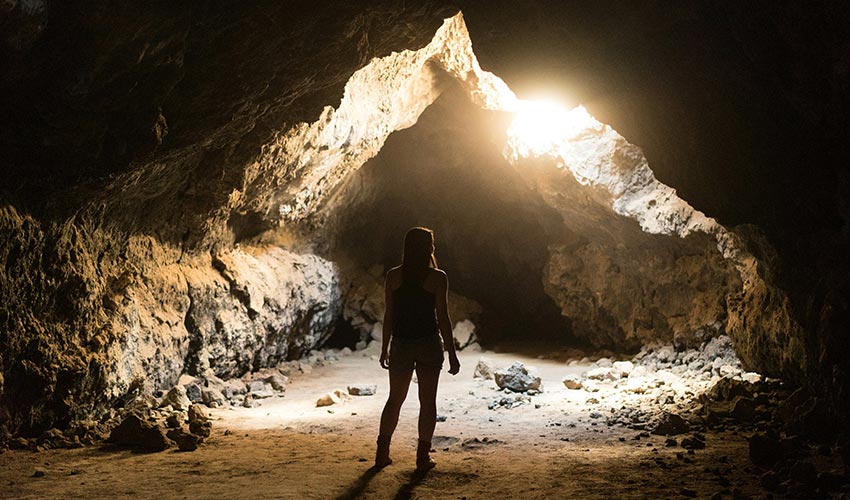
Kieves speaks of meeting a woman, a healer she was sure would give her the advice she needed, the advice to erase all her pain and suffering, the advice her ego was so desperately longing for like, you’re amazing for dealing with so much and you deserve better, or “I know a guru, I’ll get you connected” – but none of this was what she got, in fact, what she got was not what she expected at all:
“When I ask her, “what should I do?” she says quietly, “I guess there is nothing to do – but feel the pain”.
That’s it? Just “feel” the pain. I remember the first time I came across this concept to just let yourself FEEL the pain of whatever it is, as obviously it needs to be felt, brought to the surface so it can be released and therefore healed. An open wound if you will, that can be healed not by being covered, but by being allowed to breathe, get the air space it needs and the attention it needs so it can ultimately heal and disappear. Although this concept may start as a bad smell, it really ends up with a spacious notion to it when you say this to yourself, when you’re gifting yourself this compassion telling yourself to FEEL all the things you feel, the things you may normally put to one side or attempt to ignore. You recognise your own sorrow, and you don’t deny it or as Kieves so elegantly puts, “I don’t make it wrong or try to sweep it off my doorstep and scrub away its shadow”. She says, “Love isn’t asking me to change or improve. I’m being asked to allow myself to experience the medicine and message of the moment” – this to me is the ultimate trust, the moment. This is where growth happens, in real time, in the moments, if we’re brave enough to listen and make enough space inside for the messages to be understood. How many times have you searched endlessly outside of yourself for an answer, or for validation of how you’re feeling, or for someone to take the pain away? We don’t need our pain taken away from us, we just need to sit WITH the pain while it is present and make room around the table for it, for everything is welcome to have a seat. We don’t need fixing my friends, and we don’t need to change any past circumstances that may have caused the pain in the first place. We need only to sit with that frightened part of ourselves and listen to them, love them into evolution, and reassure them that we have their back through every part of the journey, no matter what unfolds. So when love is needed (arguably always right?) perhaps see this as the small child within you that needs your time, love and attention. Treat it with compassion and pull her/him a seat at your table.
I will end here on another amazing quote from Kieves book for you to contemplate:
“In the end, pain opened my heart to myself. It’s always that way. I feel the love of the infinite when I feel my own love. I feel that love when I stop running away from any part of myself or any experience I am having. I am willing to feel my pain. I am willing to feel my love. I am willing to feel my life”.
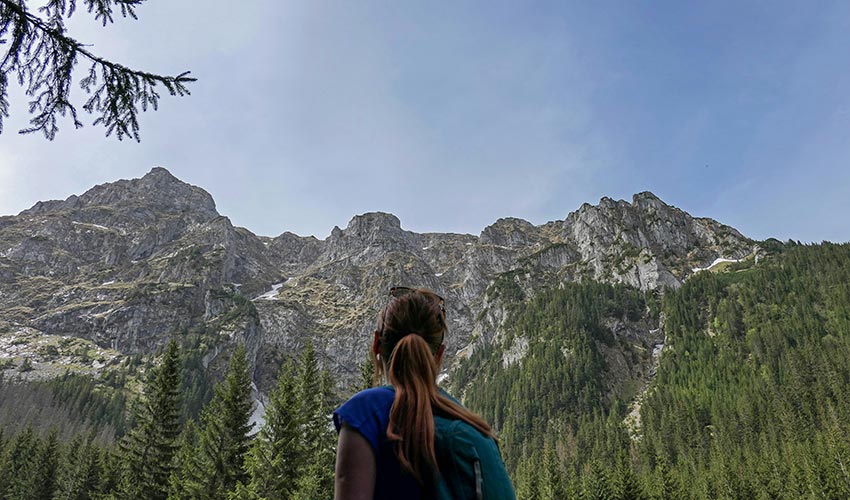
Learning to Trust the Unknown
Trusting in the unknown can be a challenging yet rewarding endeavour. A concept for most that they don’t want to entertain or acknowledge. Over time I have collated a few things that have worked for me. Here are some steps that may help you on the way to develop a deep patience and compassion toward yourself on the path of acceptance of what we do not know:
Acknowledge Your Fears:
Recognise and accept your fears and uncertainties about the unknown. Understanding what you are afraid of is the first step in addressing it.
Shift Your Perspective:
Instead of viewing the unknown as something to fear, try to see it as an opportunity for growth, learning, and new experiences. Embrace the potential positives that can come from unexpected situations.
Focus on What You Can Control:
Identify the aspects of your life that you can influence and take action on those. This can help you feel more grounded and less overwhelmed by the things you can’t control.
Cultivate a Positive Mindset:
Practice gratitude and positive thinking. Remind yourself of past experiences where the unknown led to positive outcomes. This can help build confidence in your ability to navigate future inevitable uncertainties.
Build Resilience:
Strengthen your emotional resilience by developing coping strategies, such as mindfulness, meditation, or engaging in activities that bring you joy and relaxation.
Learn to Let Go:
Understand that not everything can be planned or predicted. Practice letting go of the need for certainty and control. Allow life to unfold naturally. It’s amazing how good you feel when you let go and let it flow.
Trust in Yourself:
Have confidence in your ability to handle whatever comes your way. Trust in your skills, resourcefulness, and adaptability. Remind yourself of past challenges you’ve overcome. There is nothing like having your own back.
Seek Support:
Surround yourself with supportive friends, family, or mentors who can provide encouragement and perspective. Talking about your fears and uncertainties and being vulnerable in this way can help you to alleviate them.
Take Small Steps:
Everything starts with a small step. Start by taking small risks, even just as small as taking a new route to work, or talking to someone in a queue, and gradually build up to the larger ones. Each small step into the unknown can help build your confidence and trust in yourself and in your intuitive abilities.
Embrace Curiosity:
Approach the unknown with a sense of curiosity rather than fear. Ask questions, explore new possibilities, and be open to learning and discovery. My mentor once said to me, follow the breadcrumbs of what peaks your interest, think about what you are reading about now or researching and follow the breadcrumbs of your own interests.
Practice Patience:
Understand that building trust in the unknown is a process that takes time. An unknown amount of time. Be patient with yourself first and foremost as you navigate this journey.
By integrating some or all of these practices into your life, you can gradually develop a sense of trust in the unknown, allowing you to face uncertainties with greater confidence and resilience. Find your own groove and what works best for you. There is no one size fits all so don’t be disheartened if something that worked for someone else doesn’t work for you. The journey is finding out what does.
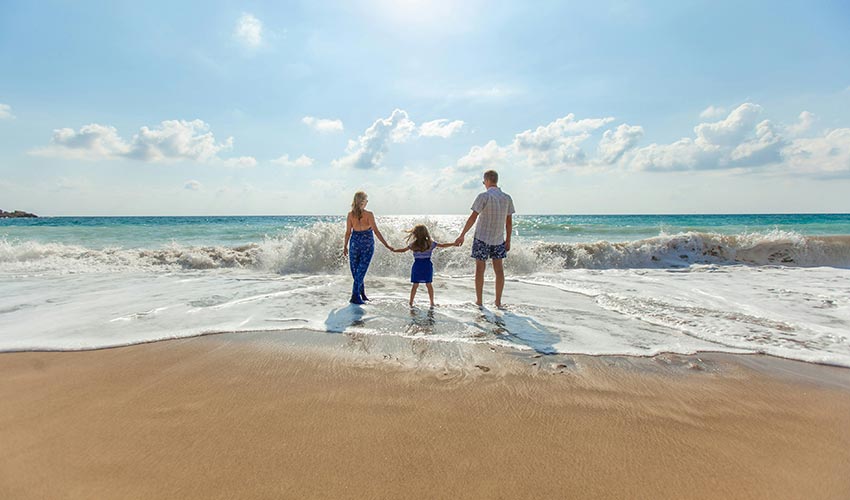
Ultimately coming to deal with the uncertainties in life means coming to trust oneself and the universe at large. Trusting in your own path takes guts, and courage, and a leap out of the comfort zone that you may or may not be in right now. It takes Love. Feeling uncomfortable at times of uncertainty or change is very common, however the key here during these times of change is not to feel MORE anxious about the change, it’s to have MORE faith in yourself and your abilities to cope with this change. The next time you feel uncomfortable try asking yourself, ‘is this something I can handle right now, can I deal with this?’ and if the answer is no then let yourself grant YOU the love and compassion that you need in that moment. Indulge in the understanding from, YOURSELF. There is nothing like being the recipient of your own love. So stay honest with yourself, experiment a little, and if the answer is yes, I can deal with this then lean into that trust and see how far it can and WILL take you.
We live most of our lives in our own head, conjuring up ideas and a gazillion thoughts raging through our minds each day, and each one of these ‘days’ make up our lives, so work on yourself, on your own mind as much as you possibly can. Be your own advocate for the person you are currently, and the person you are evolving into. Make the mind a wondrous place to be; you’re going to be the one living in it for as long as you live. Step into a powerful space now by claiming “I don’t know” about the future, “I don’t know” what’s in store for me and “I’m uncertain” about what is to be. But if there is one thing I’m sure of, I’m going to live as best I can on the way to my uncertain destination, because I choose Love over fear. The future is not guaranteed to any of us, however the future is not out there in the distance, its right here in front of us, with each passing moment. So practice being here, right now, in this moment with yourself. Take a deep breath, and feel into the life of the moment, instead of chasing moments in a future version of yourself when you don’t know where you’ll be. So in the wise words of Ram Dass, be here, now.
“Let love guide you more than fear. Meet your Whole Self, the one who can breathe through anything and walk you through any circumstance” – Tama Kieves
“Life is the dancer, and you are the dance” – Eckhart Tolle
“You aren’t your work, your accomplishments, your possessions, your home, your family… your anything. You’re an aspect of the power of intention, dressed in a physical human body intended to experience and enjoy life on Earth” – Dr Wayne Dyer












